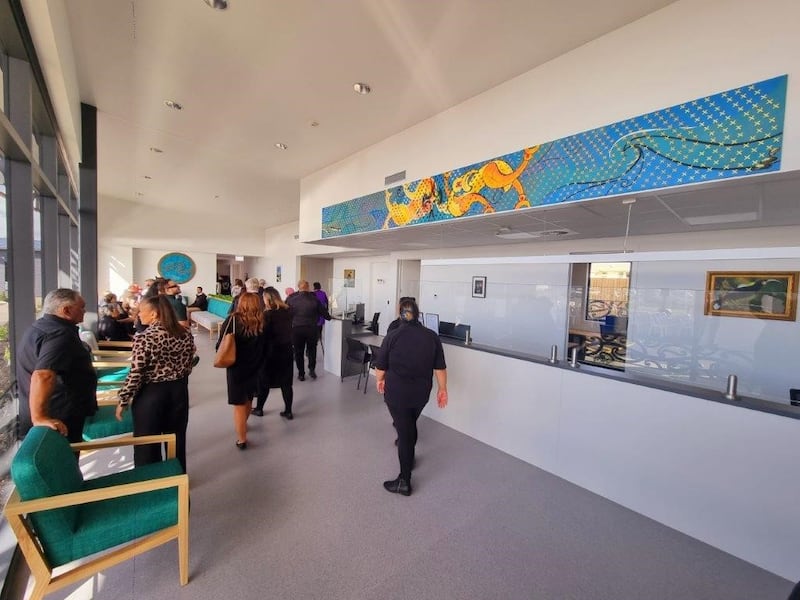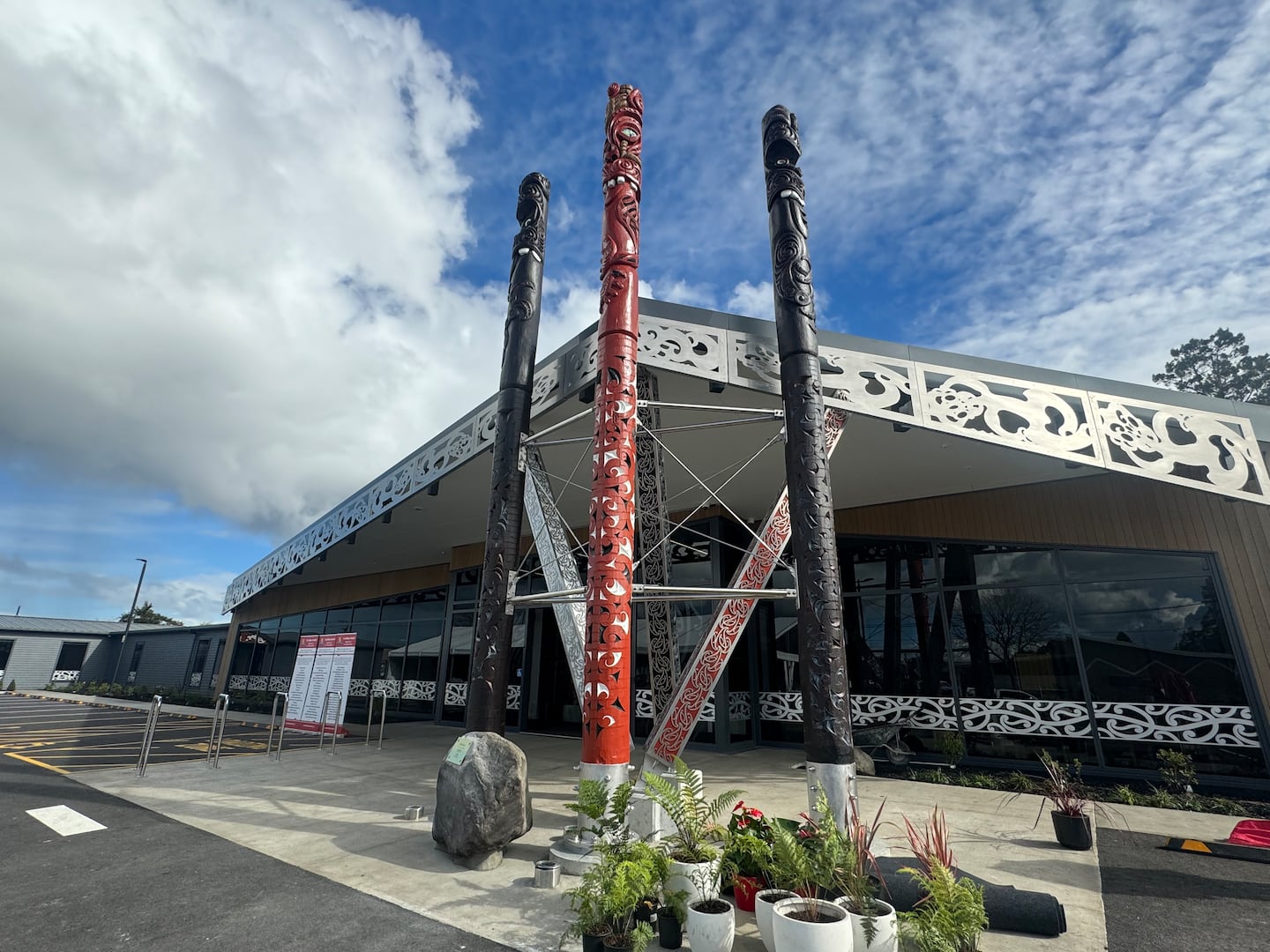Te Kōhao Health and Te Whatu Ora are banding together alongside Pacific Radiology to sign a new declaration of intent to move away from hospital-centric healthcare and more towards a community-led, whānau-first model.
The joint venture agreement is being signed at Kirikiriroa Marae, Hamilton on Thursday.
“For too long, our people have been forced to travel to hospitals, pay for parking they can’t afford, and sit in sterile rooms that feel nothing like home. This is about flipping the script—making services accessible, mana-enhancing, and located in the community where our people live,” said Lady Tureiti Moxon, Te Kōhao Health Managing Director.
Health New Zealand Deputy Chief Executive, Cath Cronin, said she was looking forward to building positive relationships as a strong foundation for this work.
“This is an exciting opportunity for Health NZ to work together with Te Kōhao Health to address inequities for high-needs populations, including Māori. We enter this declaration of intent in a spirit of genuine collaboration to lift health outcomes for these groups.
“The Declaration sets the base of our relationships that will carry us through both celebrations and challenges we expect to journey through in the coming months and years.”
“This is the start of our work together not the end, our teams have a have a high level workplan they wish us to agree, and with this declaration now in place we expect the work to start in earnest,” she said.
Pacific Radiology - a member of the RHCNZ Medical Imaging Group - is going to deliver diagnostics and imaging services that are typically unaffordable or inaccessible for many whānau.
“This is the first time Pacific Radiology has taken a step like this—moving beyond the usual business model and into community partnership," Moxon said.
“It’s about creating a new model of care that actually works for our people. Where earlier diagnosis becomes the norm, not the exception.”

The new deal is taking particular focus on the five biggest causes of death in Māori, which are cardiovascular disease, lung disease, breast cancer, cervical cancer, and bowel cancer.
“This is what tino rangatiratanga in healthcare looks like.
“Māori solutions - for Māori, by Māori —made possible through genuine partnership,” Moxon said.
This new partnership isn’t the only thing that is helping improve Māori health in Waikato on Thursday as Te Tiratū Iwi Māori Partnership Board (IMPB) held it’s first ever forum with regional health providers.
This hui aims to bring whānau voices directly into Te Whatu Ora Health New Zealand’s planning and decision-making processes through the IMPB.
Key challenges raised by whānau voice:
- Access & Availability
- Long wait times for appointments.
- Shortage of Māori-led, tamariki-focused, and mental health services.
- Disrupted continuity in GP care and low trust in the system.
- Health Navigation
- Strong call for more health and whānau navigators.
- Confusion around available services and support pathways.
- Lack of follow-up and poor communication post-diagnosis.
- Cancer Journeys
- Late diagnoses, particularly lung and prostate cancers.
- Emotional and financial strain on kaumātua caregivers.
- Gaps in transport, spiritual care, and access to rongoā Māori.
- System Gaps
- Fragmented care and poor integration between hospitals, PHOs, and services.
- Limited awareness of entitlements like travel support and Cancer Society aid.
“Whānau are asking for a system that listens, responds, and restores trust. Today’s forum is a first step in reshaping that system together with these providers who understand the lived realities of our people,” said Brandi Hudson, Te Tumu Whakarae of Te Tiratū.
“It’s only the start as we intend to proactively meet with many diverse stakeholders in the system operating in our regional area – Māori providers, mainstream providers, NGOs – to zero in on specific areas of interest we’re monitoring.”



